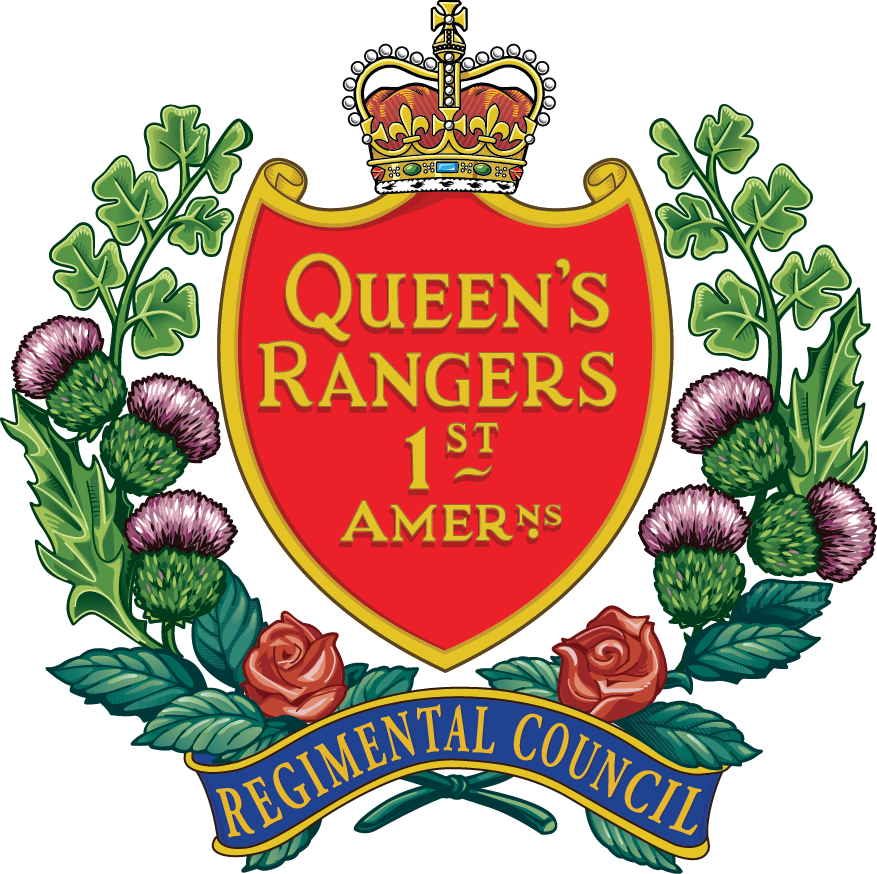Captain Alexander George Edwin Smith, MC
/When the 20th Battalion, C.E.F. was stood up in 1914, recruits were drawn from across southern Ontario, including many volunteers with previous military service. One of these men was Alexander George Edwin Smith.
Smith was born on the 14th of August, 1880 on the Six Nations Reserve near Brantford, Ontario. Like many members of that community he served in the local militia, the 37th Battalion, the Haldimand Rifles, where he held the rank of Captain. When he volunteered for overseas service on the 13th of November, 1914, despite his eighteen years in the Militia, he was enrolled as a Lieutenant.
By 1916 he had been promoted back to the rank of Captain, and was commanding No 4 Company. On the 26th of September, 1916, he led his company in an attack in support of the 8th Battalion. For his heroism during that attack, he was awarded the Military Cross. The citation in the London Gazette reads as follows:
“For conspicuous gallantry in action. He proceeded with a party of bombers and captured an enemy trench and fifty prisoners, displaying the greatest courage throughout. He was twice buried by shells, but stuck to his post.”
Injured during this action, he was evacuated to England where he wrote a letter home to his father, which read in part:
“You may tell Mabel (his wife) that I was awarded the Military Cross for bravery and gallantry on the field of the greatest battle the world has ever known. Don’t forget to tell Donnie and Harold what God had enabled me, their papa, to go through and do.”
Due to the severity of his wounds, he was not returned to the front when he recovered but instead sent back to Canada. He became the Assistant Adjutant General of Training for the Polish “Blue Army,” which was encamped at Niagara-on-the-Lake. Nearly 23,000 men strong, this force had been recruited from the Polish diaspora in Canada and the United States and was formally part of the French Army. The Blue Army was eventually transferred to the Western Front, later also fighting against Ukrainian and Soviet troops in Poland itself. For his services to the Blue Army, Captain Smith was one of only five Canadians awarded the “Order of the Black Star of Poland.”
Corporal Francis Pegahmagabow, an Ojibwa from Parry Island who went by the nickname “Peggy”, is often cited as the most highly decorated Aboriginal veteran of the First World War as he was awarded the Military Medal with two bars. Captain Smith’s award of the Military Cross, however, is the highest individual award received by any of the many Aboriginal veterans of the First World War, giving him claim to the title ahead of Corporal Pegahmagabow. In any case, both are exceptionally brave men who deserve to be remembered by all Canadians for their valour.
After the war, Captain Smith returned to the Six Nations Reserve and resumed his civilian occupation as a contractor. Of his many children, one is particularly famous – Jay Silverheels, an actor who is best known for his portrayal of “Tonto” in the original television series “The Lone Ranger.” Captain Smith passed away on the 22nd of October, 1954, in a veteran’s hospital in Buffalo, New York.

